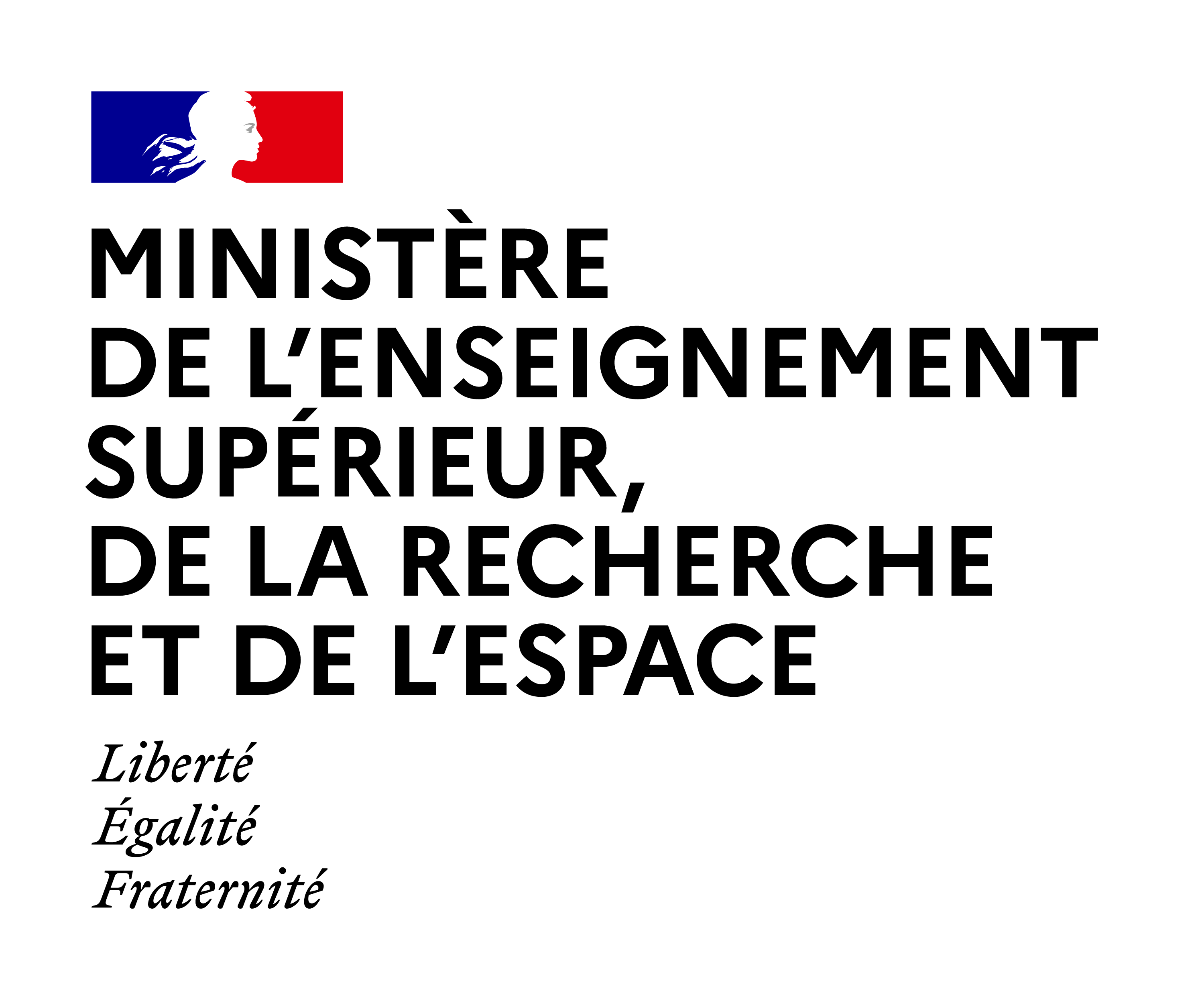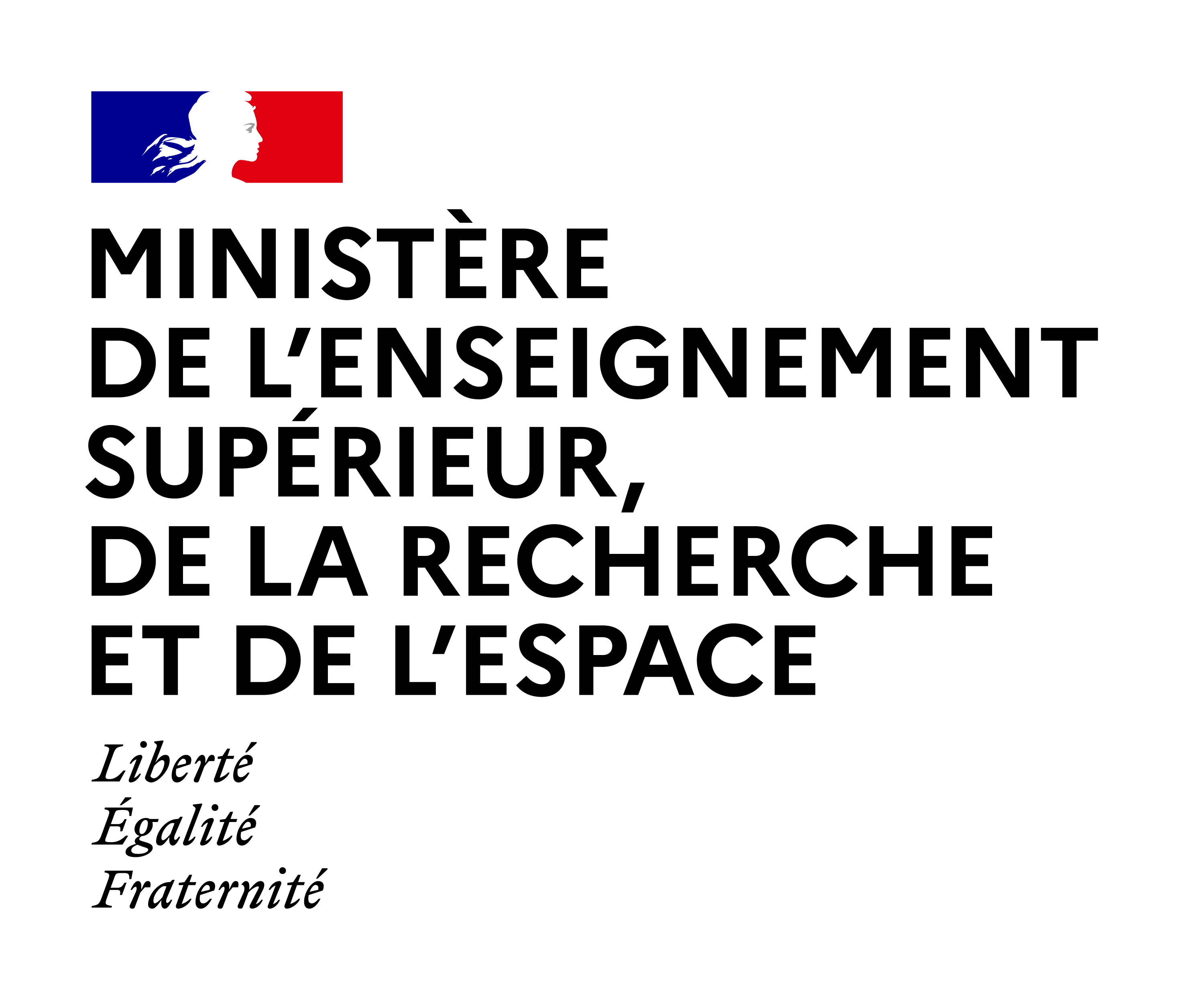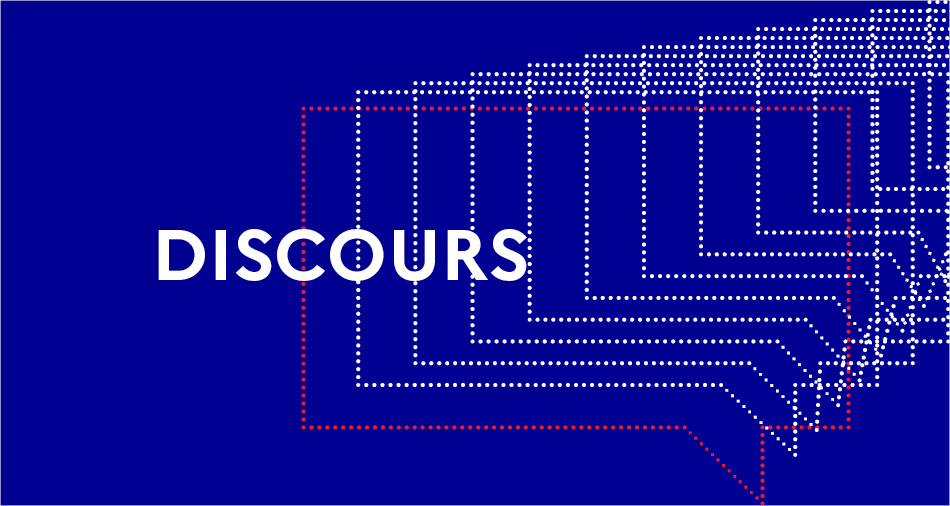SEUL LE PRONONCÉ FAIT FOI
Honorable guests,
Esteemed researchers,
Ladies and gentlemen,
Dear Friends,
I am immensely pleased and honored to be here with you today for the second and, unfortunately, already the last day of the Scientific Days of the Summit for Action on Artificial Intelligence.
You still have an afternoon ahead to explore, in particular, the impact of AI on our shared world. I have no doubt that you will make the most of it.
It is a privilege to stand before such a distinguished gathering of minds, united by a shared ambition: to shape the future of artificial intelligence.
When I look at the program of these two scientific days, when I see the extraordinary concentration of expertise gathered here, I cannot help but feel excited.
When I see you all, I am certain of it: we will rise to the challenge of artificial intelligence.
I speak of a challenge. And indeed, it is one.
AI is a revolution - one that inspires both fear of the unknown and tremendous hope for the future. I am not telling you anything new when I say that the stakes are immense. You are just as aware as I am of the colossal investments being made in AI infrastructure by both public and private actors.
The scale of investment has skyrocketed. Not long ago, AI funding was measured in millions; today, it has entered the realm of tens of billions.
This exponential growth highlights not only the promise of AI but also the urgency of ensuring that research remains at the forefront, guiding this technological revolution.
And I am only referring to what Alphabet, Meta, or Microsoft invest in a single year!
At the other end of the economic chain, AI-related stock values are skyrocketing, with markets following trends so complex that even artificial intelligence itself sometimes struggles to interpret them.
Thus, AI presents an immense economic challenge.
But above all, I believe artificial intelligence is a research challenge.
It is no coincidence that these Science Days open the Summit for Action on Artificial Intelligence. It is a clear signal that research is essential in this field.
I am not saying this simply because, in the face of the vast sums involved, it might seem easier to return to fundamental research. I say it because I am convinced of it—because the long history of artificial intelligence, from its origins in the 1950s with Alan Turing and the Dartmouth workshop to ChatGPT and DeepSeek today, shows us that at the heart, at the very core of AI, lies research.
Buying vast computing power will not be enough.
We must continue research efforts across all areas of AI:
- Learning models, such as reinforcement learning, which still remains too slow.
- Agent-based AI, which will be crucial for robotics and raises profound questions about security, system robustness, and trust.
- Continuous learning, essential for developing dynamic applications.
- Cybersecurity, a crucial challenge for states, businesses, and individuals alike, where AI is both a source of new solutions and unprecedented risks.
- AI efficiency, a key issue if we are to develop AI while reducing the consumption of resources we know are finite.
- And, of course, AI reliability, which confronts us with the mysteries of AI’s “black box.”
In all these areas, and many others, research—especially fundamental research—has a vital role to play.
And sometimes, often, I believe, solutions will emerge from places we least expect.
This is why we must maintain our commitment to ambitious AI research.
AI is an extraordinary, almost limitless field of research, and you are all proof of that.
But if we must tackle the AI revolution, it is also because doing so is absolutely necessary to remain at the forefront in other scientific domains.
This is what “artificial intelligence for science” really means.
As you well know, AI acts as an accelerator of scientific discovery across disciplines.
I hardly need to remind you that at the last Nobel Prize ceremony, AI was everywhere—far beyond its traditional role in pure mathematics.
Its applications are vast:
- In healthcare, its impact is undeniable. This past Tuesday, February 4th, marked World Cancer Day. I can tell you that researchers, for example at the Gustave Roussy Institute, a global leader in cancer research, are increasingly relying on AI, and their progress is making a real difference for patients.
- In biology, protein structure prediction is a major breakthrough, enhancing our understanding of biological processes and leading to better diagnostics and treatments.
- In chemistry, AI is driving discoveries of new materials and molecules.
- In climate science, AI plays an increasingly crucial role in predicting and understanding the impacts of climate change.
- In astronomy—and some of you know my deep attachment to space sciences—AI helps identify key elements within the vast "noise" of the cosmos.
- AI is even transforming fields we do not immediately associate with it.
In fact, AI is not just reshaping science—it is redefining what is possible.
Just this week, a papyrus scroll burned during the eruption of Mount Vesuvius 2,000 years ago was deciphered thanks to a combination of X-rays and AI-driven analysis. What an incredible moment!
Please forgive me for taking a moment to highlight some French examples.
Take Notre-Dame de Paris. If you haven’t visited yet, you should—it’s not far!
Notre-Dame’s restoration was an extraordinary collective effort, and the result is magnificent. But for us researchers, it was, perhaps above all, an unprecedented scientific endeavor. And AI was everywhere!
For Vision-language models (VLMs) helped identify architectural elements to enable an identical reconstruction.
If I take a step further away from so-called “hard” science, in archival research, conversational AI assisted scholars in navigating vast amounts of historical data.
In archaeology, AI improved geospatial analysis, aiding in the identification of excavation sites.
These are just a few examples, but they point to an undeniable reality: today, I believe it is nearly impossible to maintain a competitive edge in global research without embracing AI.
And this is a two-way dynamic.
AI models have much to gain from other sciences—through their data, their methodologies.
From these exchanges, I am certain, the discoveries of tomorrow will emerge.
This exchange of knowledge is made possible thanks to institutions and structures.
We are gathered here at École Polytechnique, on the Saclay plateau—an institution that embodies French scientific excellence.
We are gathered in France which is becoming for a few days, if you’ll allow me to say so, the center of the world as far as AI is concerned.
And I want to say—or say again—welcome!
Come here, stay here—to work, to research, to collaborate.
To conduct fundamental AI research.
To foster the dialogue between AI and other sciences.
To contribute to the transfer of AI-based technologies.
This summit is not a beginning, nor an end.
It is one step in France’s AI journey—a journey you are all invited to take part in.
France is not just a place to study AI—it is a place to shape its future.
We have tremendous assets in the global AI competition:
- World-class researchers—many of whom are here today.
- Strong mathematical expertise, a point of undying pride.
- Research infrastructures that are the envy of our international peers.
- Supercomputers like Jean Zay and, soon, Alice Recoque.
And last night, President Emmanuel Macron announced the creation of a dedicated artificial intelligence campus, with over 30 billion euros in funding, in partnership with the United Arab Emirates.
The data center built there will house the most powerful computing capabilities in Europe.
We are proud and excited to host such a groundbreaking facility.
And speaking of big announcements, I’m also very excited to announce that a partnership will be signed in a few minutes between the École Polytechnique and the Mohamed Bin Zayed University of Artificial Intelligence in the prospect of establishing a collaborative research and training program in artificial intelligence.
This program will include the development and advancement of AI methods, tools and training in foundation models.
These are just two milestones on France’s journey in AI.
France has been fully committed to AI research, within Europe, for years.
We have structured our strengths around nine AI Clusters, some of whose work you may have seen in the hallways of the Ecole Polytechnique.
The Ecole Polytechnique is, of course, a member of one of these 9 clusters.
Their work spans post-generative AI, natural language processing, economic and societal challenges, medicine, education, and AI efficiency.
The results speak for themselves.
In just the past year:
- Our AI Clusters gather more than 80 ERC (European Research Council) Grant.
- Isabelle Ryl of the PrAIrie Cluster was named among the "100 people shaping AI in Europe."
- A startup co-founded by Stéphanie Allassonnière, deputy director of PrAIrie, was acquired for €85 million.
And the commitment from businesses is there: the €360 million in public funding has now been matched and surpassed by private sector contributions.
I personally will work to ensure that France remains attractive, competitive, and welcoming for top researchers from around the world.
By funding new excellence chairs in AI, we are building an environment where top researchers can thrive. Together, we will strengthen our universities, schools, and training programs—while also welcoming back French talent to be part of this exciting journey.
We can—and will—go even further, for you and with you.
You can count on my commitment. You can count on France.
AI is an incredible adventure, and it’s just the beginning. I can’t wait to see what we’ll build together. Thank you – enjoy the rest of the event, and “bon appétit”.


